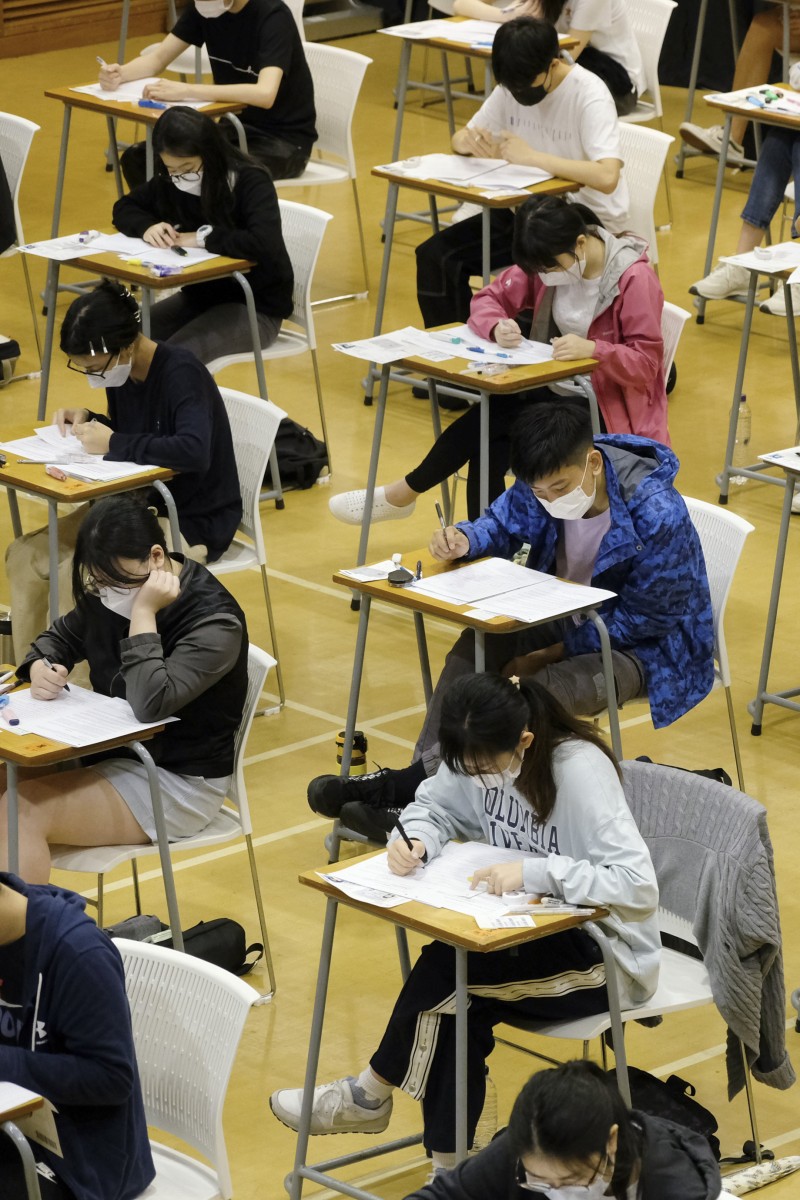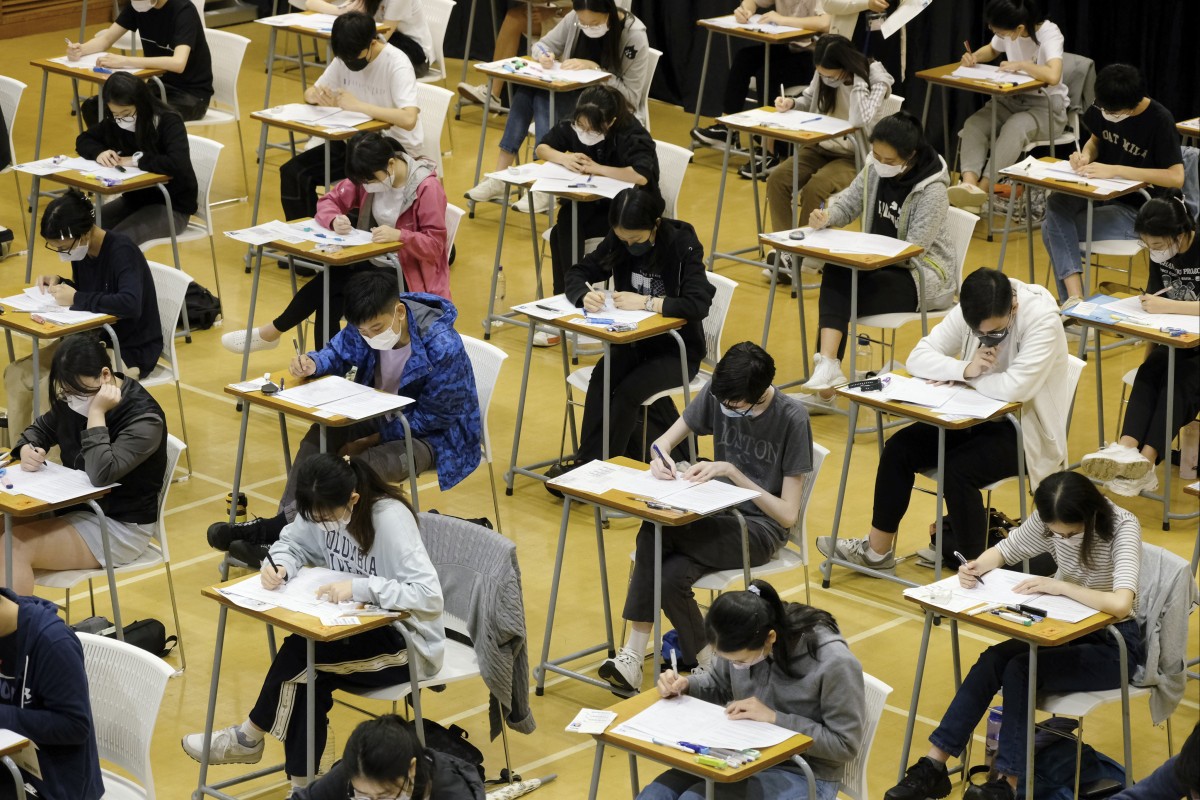
- With nearly 100 class hours free after implementing citizenship and social development, practical courses like cafe operations and Western cuisine have gained popularity
- The number of students taking elective subjects has nearly doubled compared to last year, with biology and chemistry emerging as top choices
 The number of Hong Kong students taking DSE vocational courses has hit a record high. Photo: Handout
The number of Hong Kong students taking DSE vocational courses has hit a record high. Photo: HandoutA record number of Hong Kong secondary school students have opted for vocational subjects for the city’s university entrance exams, with cafe operations and Western cuisine top of the list.
Hong Kong Examination and Assessment Authority (HKEAA) figures showed the numbers taking practical courses had jumped by 70 per cent.
An education expert on Tuesday attributed the move towards applied learning subjects to more lesson time being made available after the liberal studies curriculum was changed and renamed.
The alterations have also led to almost double the number of pupils deciding to sit three elective subjects – up from nearly 20 per cent in 2023 to 40 per cent this year – with biology and chemistry the most popular choices.
“As a result, more students chose to study some applied learning subjects and one more elective,” said Ng Po-shing, the guidance consultant of the youth-focused NGO Hok Yau Club.
He was speaking after the HKEAA revealed the number of candidates sitting university entrance exams – the Diploma of Secondary Education (DSE) – this year had dropped slightly by 20 pupils to 50,803, the second lowest figure since its introduction in 2012.
Over 100 mainland Chinese students taking Hong Kong DSE exams will need to travel to the city
The total included 43,295 school pupils and 7,508 private candidates.
The authorities showed more than 7,500 candidates had chosen vocational subjects, a massive increase on the 4,600 in 2023.
The HKEAA added that about 1,400 pupils studying for the DSE in mainland China would also sit their exams in the city.
The liberal studies core subject was abolished and replaced with “citizenship and social development” in 2021.
The move came after the social unrest in 2019 led to accusations by the pro-establishment camp that the course had contributed to the radicalisation of young people.
The new course was designed to focus on national security, identity, lawfulness and patriotism. The first exams in the subject, with 45,099 pupils taking the paper, will be held this year.
The change released up to 100 hours of classroom time. Another 150 hours extra were added because of changes to other core subjects, including Chinese, English and mathematics.
Biology had around 1,300 more candidates and chemistry about 1,100 extra pupils who will sit the exams this year.
“There are more than 8,000 more candidates who chose to study three electives compared with last year,” Ng said.
He added that some pupils who were less confident about academic subjects had been keen to switch their focus to practical courses.
Applied learning subjects consist of elements linked to broad vocational fields and the courses in the category span 180 hours of lessons spread over two years.
Ng said vocational subjects, of which there are about 50, had attracted some pupils aiming for associate degree programmes because it was easier to get a pass compared with traditional academic subjects.
Patisserie and cafe operations, English for service professionals and Western cuisine were the subjects with the biggest number of exam candidates, with 875, 733 and 549 respectively.
From biomedicine to Hong Kong’s doctor shortage, what is HKUST’s goal for proposed medical school?
The lesson time released by the changes to other subjects also led to more pupils signing up for foreign language courses.
Japanese was the most popular language among the six offered by the authority.
A record 700-plus candidates put themselves forward, an increase of 50 per cent over last year.